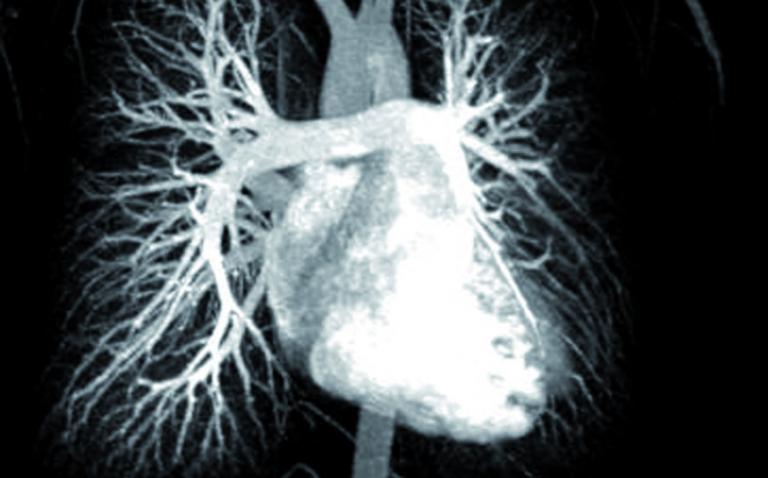Netherlands-based Royal Philips Electronics recently announced that it will lead a new European Union (EU) funded research project aimed at improving care of heart patients through the development of innovative telemonitoring solutions.
Following the successful MyHeart project, the HeartCycle project will start on March 1, 2008, and will be one of the largest biomedical and healthcare research projects within the EU.
The HeartCycle consortium will work to improve the quality of care for coronary heart disease and heart failure patients by developing systems for monitoring their condition at home and involving them in the daily management of their disease.
These systems will comprise unobtrusive sensors built into the patient’s clothing or bed sheets and home appliances such as weight scales and blood pressure monitors.
The consortium aims to develop dedicated software that analyses the acquired data, and that can be programmed to provide feedback on the patient’s health status, plus his or her adherence to prescribed therapies and progress towards achieving health status milestones.
It also aims to develop mechanisms to report relevant data back to clinicians automatically so that they can prescribe personalised therapies and lifestyle recommendations.
Cardiovascular disease kills around 1.9 million people every year in the EU, with the associated annual health costs estimated at €105bn. Around half of these deaths occur in people who have previously had a heart attack, most of whom will develop heart failure before they die.
There are currently around 10 million heart failure patients in the EU and it is one of the most common medical causes for hospitalisation in adults.
“Investing directly in people who need help, and not just in services that do things to or for them, makes sense in terms of improved care, greater affordability and the effective deployment of scarce nursing and medical resources,” said Professor John Cleland, Chief Medical Officer of the HeartCycle project.










